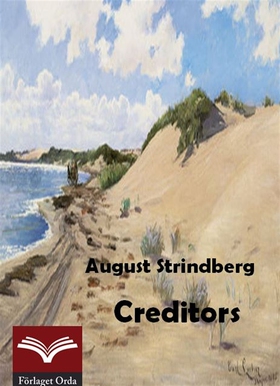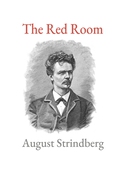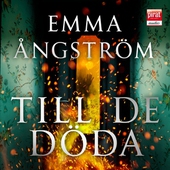
Lägg till önskelistan
Gratis smakprov
- Spara till biblioteket
- Läs smakprov
Creditors e-bok
Pris
29 kr
This is one of the three plays which Strindberg placed at the head of his dramatic production during the middle ultra-naturalistic period, the other two being "The Father" and "Miss Julia." It is,in many ways, one of the strongest he ever produced. Its rarely excelled unity of construction, its tremendous dramatic tension,and its wonderful psychological analysis combine to make it a masterpiece.
In Swedish its name is "Fordringsagare." This indefinite form may be either singular or plural,...
E-Bok
29 kr
Pris
Förlag
Förlaget Orda
Utgiven
30 Mars 2013
Genrer
Dramatik, Skönlitteratur
Språk
English
Format
epub
Kopieringsskydd
Vattenmärkt
ISBN
9789175530475
This is one of the three plays which Strindberg placed at the head of his dramatic production during the middle ultra-naturalistic period, the other two being "The Father" and "Miss Julia." It is,in many ways, one of the strongest he ever produced. Its rarely excelled unity of construction, its tremendous dramatic tension,and its wonderful psychological analysis combine to make it a masterpiece.
In Swedish its name is "Fordringsagare." This indefinite form may be either singular or plural, but it is rarely used except as a plural. And the play itself makes it perfectly clear that the proper translation of its title is "Creditors," for under this aspect appear both the former and the present husband of Tekla.
One of the main objects of the play is to reveal her indebtedness first to one and then to the other of these men, while all the time she is posing as a person of original gifts.
I have little doubt that Strindberg, at the time he wrote this play--and bear in mind that this happened only a year before he finally decided to free himself from an impossible marriage by an appeal to the law--believed Tekla to be fairly representative of womanhood in general. The utter unreasonableness of such a view need hardly be pointed out, and I shall waste no time on it. A question more worthy of discussion is whether the figure of Tekla be true to life merely as the picture of a personality--as one out of numerous imaginable variations on a type decided not by sex but by faculties and qualities. And the same question may well be raised in regard to the two men, both of whom are evidently intended to win our sympathy: one as the victim of a fate stronger than himself, and the other as the conqueror of adverse and humiliating circumstances.






